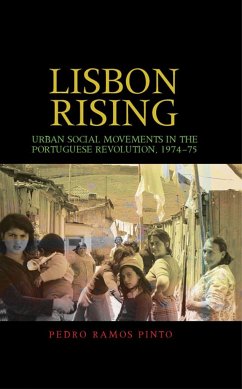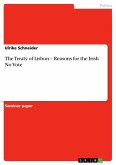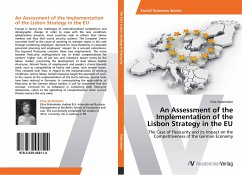Lisbon rising explores the role of a widespread urban social movement in Portugal's revolution and transition to democracy. The emergence of a grassroots movement of the urban held the promise that the revolution would deliver a truly popular and socialist democracy. Many thousands participated in democratic neighbourhood assemblies deciding the fate of the city, built houses, schools and hospitals, and occupied thousands of apartments. Yet, while the movement remains to this day a symbol of the possibilities of grassroots democracy, little is known about how it appeared, what role it played in the Carnation Revolution, and why it disappeared after 1975. Drawing on newly available sources, Lisbon rising challenges long-established views of civil society in southern Europe as weak, arguing that popular movements had an important and autonomous role democratisation, inviting us to rethink role of popular agency in the history and theory of transitions. Lisbon rising will be of interest students and scholars of twentieth-century European history, as well as of democratisation, social movements and citizenship in political science and sociology.
Hinweis: Dieser Artikel kann nur an eine deutsche Lieferadresse ausgeliefert werden.
Hinweis: Dieser Artikel kann nur an eine deutsche Lieferadresse ausgeliefert werden.








